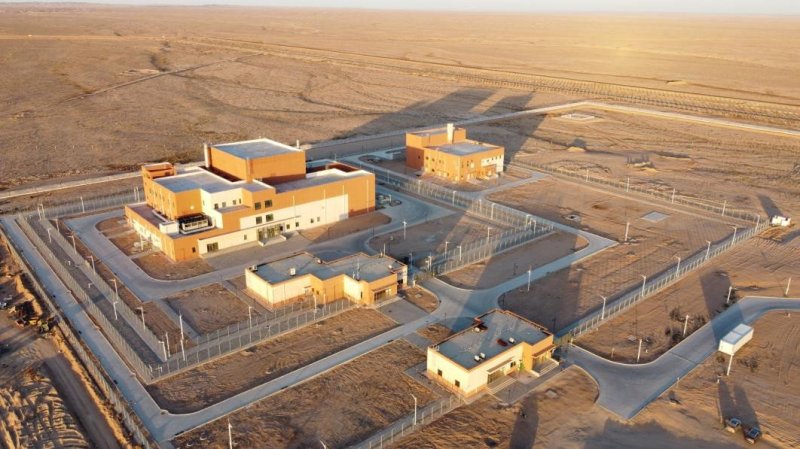
Although uranium-235 is the typical fuel for commercial fission reactors on account of it being fissile, it’s relatively rare relative to the fertile U-238 and thorium (Th-232). Using either of these fertile isotopes to breed new fuel from is thus an attractive proposition. Despite this, only India and China have a strong focus on using Th-232 for reactors, the former using breeders (Th-232 to U-233) to create fertile uranium fuel. China has demonstrated its approach — including refueling a live reactor — using a fourth-generation molten salt reactor.
The original research comes from US scientists in the 1960s. While there were tests in the MSRE reactor, no follow-up studies were funded. The concept languished until recently, with Terrestrial Energy’s Integral MSR and construction on China’s 2 MW TMSR-LF1 experimental reactor commencing in 2018 before first criticality in 2023. One major advantage of an MSR with liquid fuel (the -LF part in the name) is that it can filter out contaminants and add fresh fuel while the reactor is running. With this successful demonstration, along with the breeding of uranium fuel from thorium last year, a larger, 10 MW design can now be tested.
Since TMSR doesn’t need cooling water, it is perfect for use in arid areas. In addition, China is working on using a TMSR-derived design in nuclear-powered container vessels. With enough thorium around for tens of thousands of years, these low-maintenance MSR designs could soon power much of modern society, along with high-temperature pebble bed reactors, which is another concept that China has recently managed to make work with the HTR-PM design.
Meanwhile, reactors are getting smaller in general.
From Blog – Hackaday via this RSS feed
